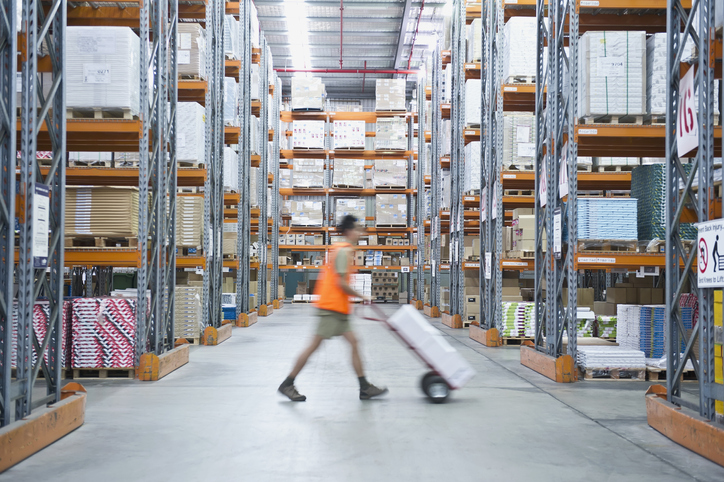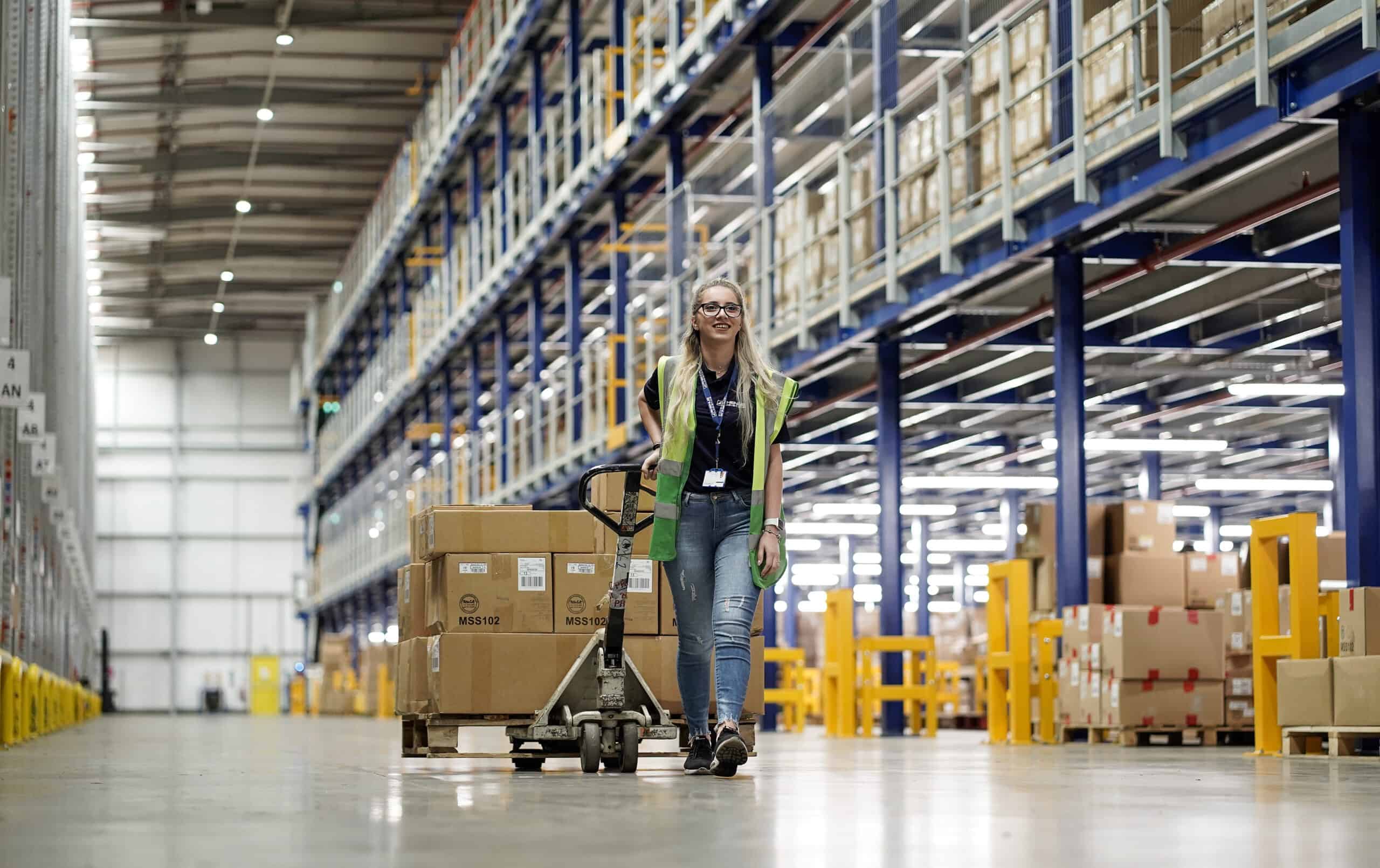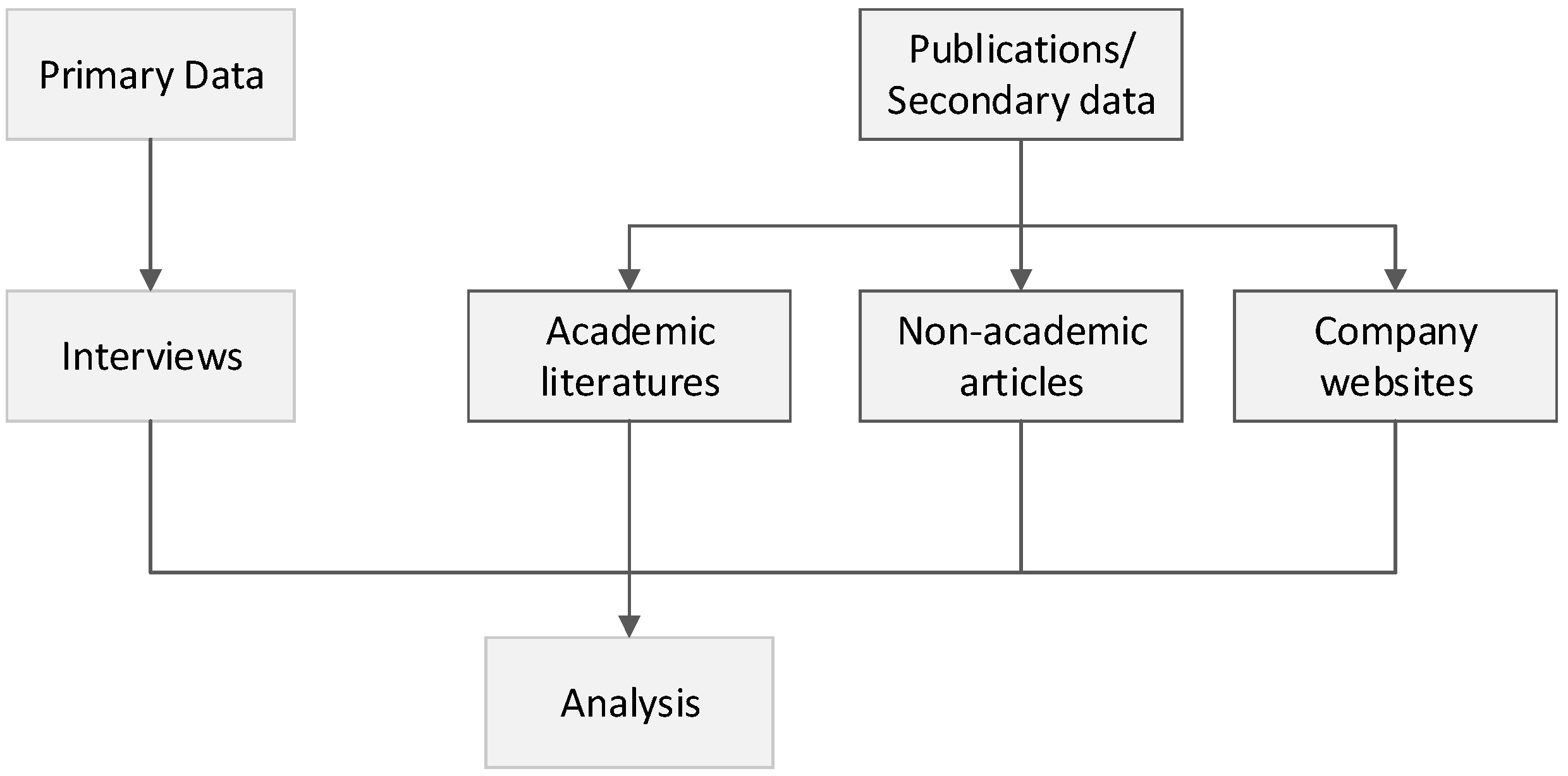Logistics in the retail industry refers to the management of the flow of goods, information, and resources from the point of origin to the point of consumption in the most efficient and cost-effective manner possible. This includes everything from sourcing and procurement of raw materials, to production, storage, distribution, and delivery of finished products to customers.
Effective logistics is crucial to the success of any retail business, as it can significantly impact the efficiency and profitability of the organization. Poor logistics can lead to delays, lost or damaged goods, and unhappy customers, while effective logistics can help a retail business run smoothly, deliver goods on time, and satisfy customer demand.
One of the key challenges in retail logistics is managing the flow of goods from suppliers to warehouses and stores. This process, known as inbound logistics, involves coordinating the transportation of goods from different suppliers, managing inventory levels, and ensuring that the right products are delivered to the right place at the right time. Retail businesses can use a variety of transportation methods, such as truck, rail, air, or sea, to move goods from suppliers to warehouses and stores.
Another important aspect of retail logistics is managing the flow of goods from warehouses and stores to customers, known as outbound logistics. This involves coordinating the delivery of goods to customers through a variety of channels, including in-store pickup, home delivery, or third-party fulfillment centers. Retail businesses can use a range of transportation methods, such as trucks, planes, and boats, to deliver goods to customers.
In addition to managing the physical flow of goods, retail logistics also involves the management of information and resources. This includes tracking inventory levels, forecasting demand, and managing the supply chain to ensure that goods are produced and delivered efficiently. Retail businesses can use various technologies, such as computerized inventory management systems and transportation management systems, to help manage logistics and optimize the supply chain.
In conclusion, logistics plays a vital role in the retail industry, as it helps businesses manage the flow of goods, information, and resources from the point of origin to the point of consumption in the most efficient and cost-effective manner possible. Effective logistics can help retail businesses run smoothly, deliver goods on time, and satisfy customer demand, while poor logistics can lead to delays, lost or damaged goods, and unhappy customers.








